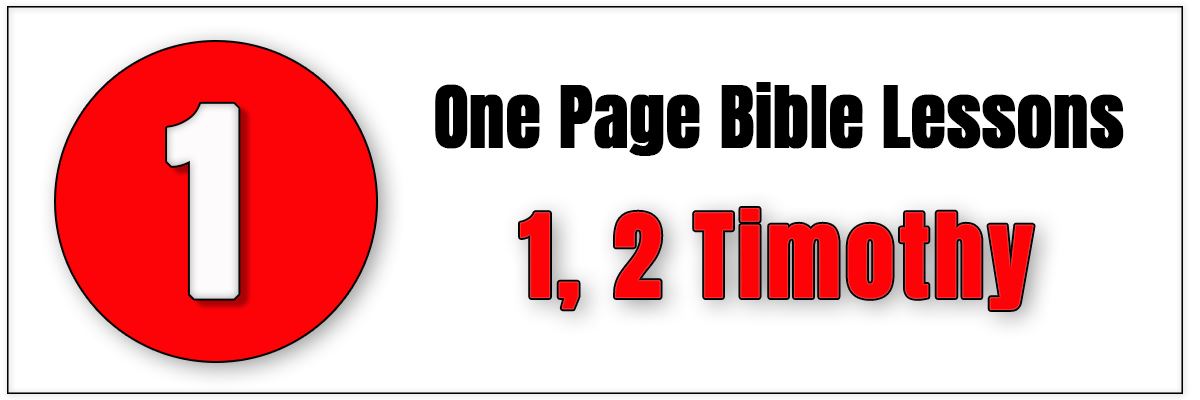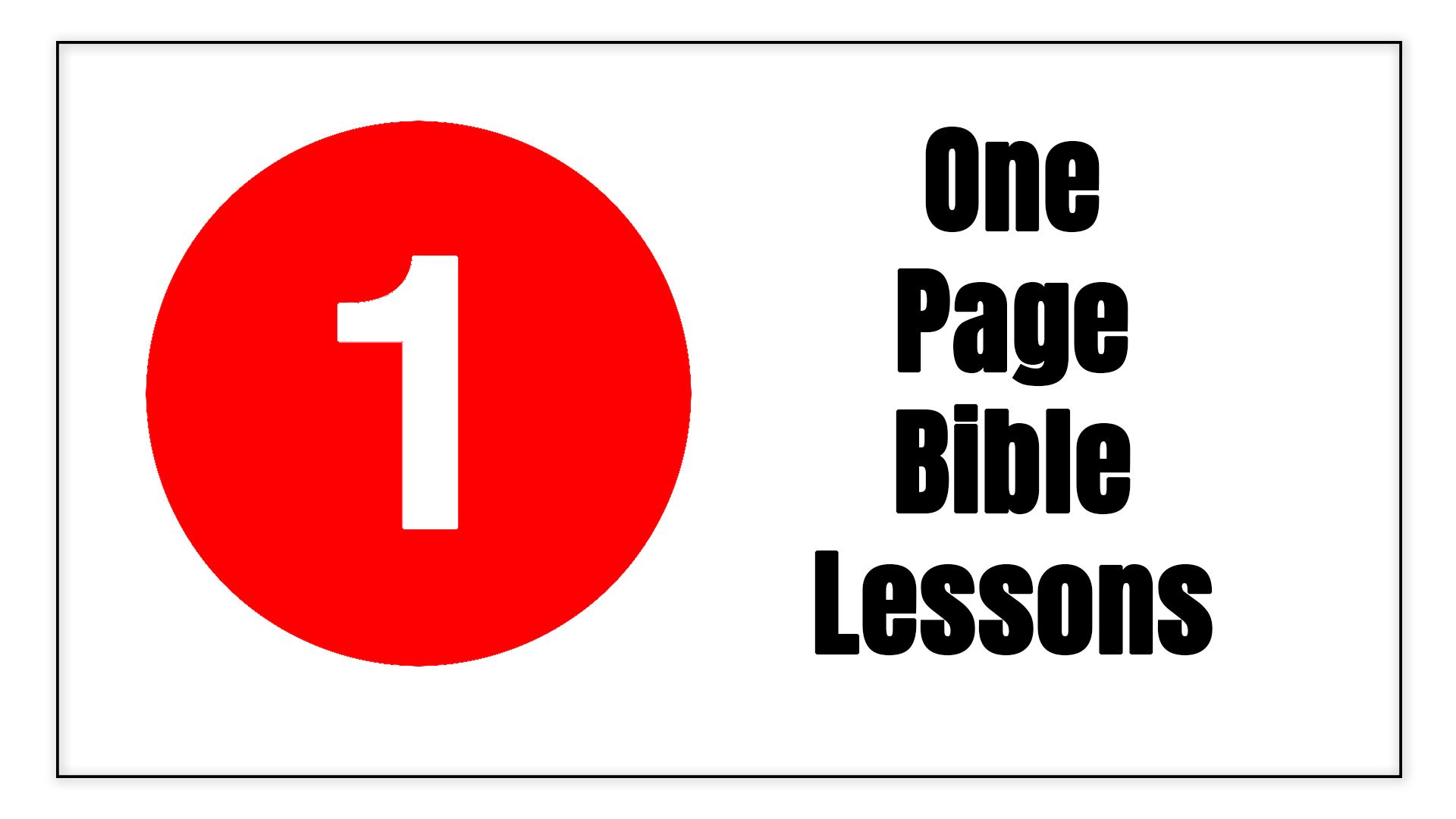
The letters of 1–2 Timothy and Titus are often referred to as the Pastoral Epistles. Each indicates that Paul was its author (1 Tim 1:1; 2 Tim 1:1; Titus 1:1). Nine of Paul’s thirteen letters were written to churches. Four were written to individuals. The three Pastoral Epistles were written to two of Paul’s co-workers and sons in the ministry—Timothy and Titus—who were serving in pastoral roles within churches. Early church fathers such as Irenaeus identified Paul as the author as well. It was not until critical scholars began to question Pauline authorship in the nineteenth century that these assertions were disputed. Many critical scholars today deny Pauline authorship because they claim that the Pastoral Epistles differ in style, vocabulary, and theology from Paul’s other letters. However, some differences in style and vocabulary hardly demand different authors. One has to keep in mind the different audiences of Paul’s letters: some were penned to individuals and others to whole churches. It’s not unreasonable, then, to believe that Paul might express himself differently in style and vocabulary when writing to an entire church versus when writing to a colleague in ministry. Importantly, regarding the supposed differences in theology, none of the examples raised are actual contradictions. Rather, they involve different theological emphases or topics. There are no serious objections, then, to believing that the letters were authored by the apostle Paul. Historical Background Timothy hailed from Lystra in Asia Minor (modern-day Turkey), a place Paul visited on his first missionary journey (see Acts 14:5–23). Timothy was the son of a believing Jewish woman and a Greek father (Acts 16:1), and he was likely converted under Paul’s ministry (1 Cor 4:17; 1 Tim 1:2). During Paul’s second missionary journey, he visited Lystra again and took Timothy with him as a co-worker (see Acts 16:2–3). Over time, the man served as a trusted companion and ministry ally of unquestionable commitment and character (see, e.g., Acts 17:14–15; 19:22; 20:4; Rom 16:21; 1 Cor 4:17; 16:10; 2 Cor 1:19; Phil 2:19–22; 1 Thess 3:2, 6). Titus was also a Gentile convert and co-worker of Paul. He accompanied Paul in his missionary work and was often sent on ministry missions (see, e.g., 2 Cor 7:6–7; 8:16–18, 23; 12:18; Gal 2:1, 3). Paul probably wrote these letters after the time period covered in the book of Acts. Released from Roman imprisonment, Paul continued his missionary work. During this time, he left Timothy to minister in Ephesus (1 Tim 1:3–4). Paul also visited Crete and left Titus to minister there (Titus 1:5). Later Paul wrote 2 Timothy when he was again imprisoned in Rome (2 Tim 1:8, 16; 4:16)—that imprisonment would lead to his martyrdom (2 Tim 4:6–8). Message and Purpose This is the first of the Pastoral Epistles that instruct church leaders and members how to do church God’s way. Having left Timothy behind in Ephesus to grow what Paul had himself established, Paul explained to him how the church should work. The key verse of the book is 3:15, in which Paul says, “I have written so that you will know how people ought to conduct themselves in God’s household, which is the church of the living God.” Paul spends a lot of time explaining how to grow and develop church leadership, how leaders are to function, and what their responsibilities entail. Timothy was to study, learn, and grow himself from God’s Word, and then preach what he was learning. The letter also points out that the quality of leaders affects the quality of the members. This, in fact, is why Paul was so concerned that Timothy develop the right kind of leaders. First Timothy can help pastors and church members maximize their potential in making their church all that God designed it to be in the ministry of his kingdom. Tony Evans, The Tony Evans Bible Commentary (Nashville, TN: Holman Bible Publishers, 2019), 1 Ti. |

